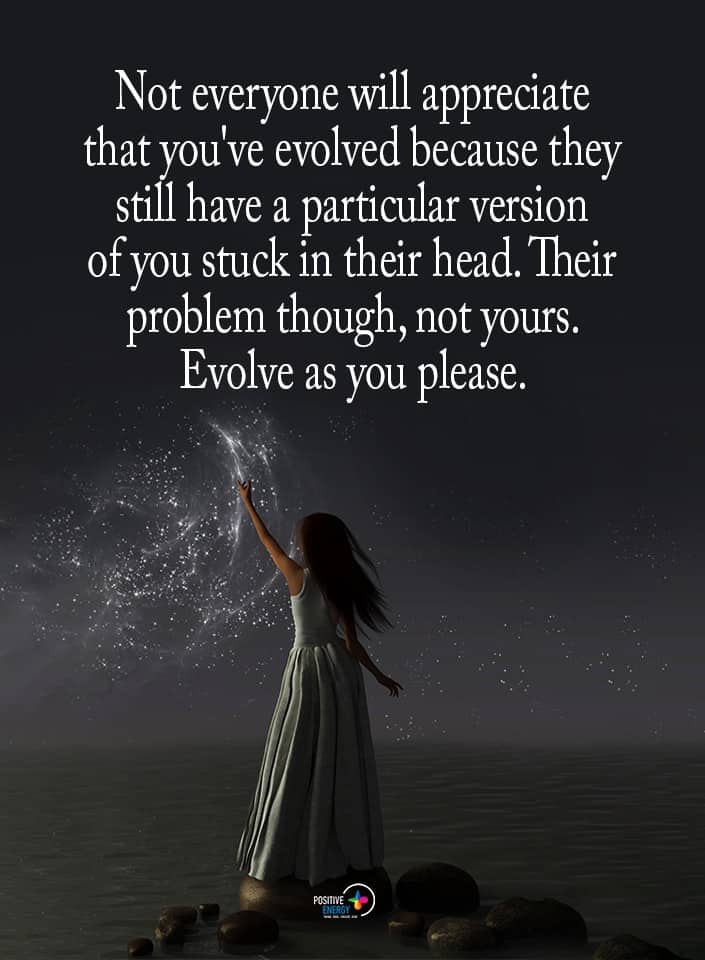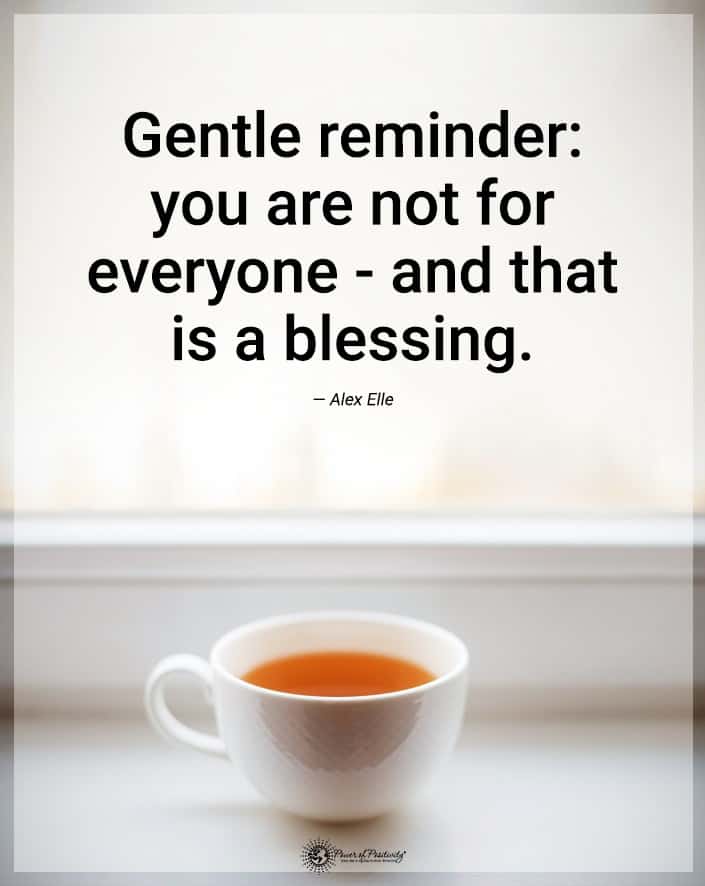Every person in this world has specific needs. Of course, some basic needs stay the same for everyone. One of the most famous people who researched needs is psychologist Abraham Maslow. His theories are so well-known that everyone has heard about, or at least seen, Maslow’s hierarchy of needs at least once. In this hierarchy, which is triangle-shaped, Maslow places breathing, food, water, sex, sleep, homeostasis, and excretion at the very bottom.
And, if you think about it, he’s right. Every person needs to breathe, sleep, eat, and stay hydrated. Whether you’re rich, poor, young, or old, we all have these basic needs. On the following levels, humans express safety needs, such as employment security, morality, family, and property. The demands begin to look slightly different depending on who you ask from this level.
As you go up the ladder, the needs differ exponentially more. What Maslow theorized remains relevant in today’s society. Furthermore, it expertly underlines the fact that everyone has different needs. No two people in this world will have all the exact needs. This shows that your needs are something that you need to make others aware of if you want them to be respected.
No one will ever be able to guess what your needs are. Even though you need to share your needs, you never have to give anyone any additional explanations. If you desire creative liberty, that’s something that nobody can contest. And you are entitled to anything you want, as long as they don’t impose on anyone else’s rights.
What Are Needs?
In psychology, needs are features that arouse an organism to act towards attaining a goal. And the reason motivates the action behind it. For example, the need to stay safe motivates the desire to look for shelter.
The psychological concept of needs is something that Maslow researched extensively. As discussed previously, many psychologists consider him the father of this field. He proposed a model that summarises the different types of needs. This pyramid comprises five levels: psychological, safety, love/belonging, esteem, and self-actualization. In newer interpretations, additional levels are sometimes added.
This hierarchy suggests that people only have the needs of their level. Moreover, they can only pass to the next level if they fulfill all the requirements of the present level. Initially, he believed that fulfilling the first four levels would eventually lead to self-actualization. But later in life, he concluded that self-actualization is not an automatic outcome of fulfilling all other needs.
It’s important to remember that Maslow created this hierarchy in the 1940s. The first publication of his theory appeared in 1943. And the 1950s were the prime years for studying the psychological intricacies of needs. Currently, this field doesn’t get much attention at all. So, while Maslow paved the way, his theories are bound to be outdated.
His pyramid shows some variance from individual to individual regarding personal needs. But recently, research has shown that culture, environment, and many other externalities affect people’s needs. In economics, requirements have a slightly different definition. And that’s the definition that is considered objective and is used colloquially.
Is It Ethical to Convey Your Needs?
This definition was first established by ethics professor Len Doyal. He emphasizes that needs represent the costs of being human in society. People have needs that must be respected for them to function in society. And, if those requirements aren’t met, the person will perform poorly in culture. He theorized that needs revolve around physical health and personal autonomy. There are many other views surrounding the concept of needs.
But needs are just boxes that need to be ticked to keep a person going. Someone whose needs are fulfilled will be a functioning member of society. But if those needs aren’t met, your ability to participate in daily life is hurt. That’s why it’s important to share your needs; that’s the only way people will respect them.
3 Reasons Why You Must Reveal Your Needs Without Explanation or Apology
You don’t need to give anyone any explanations as to why those are your needs. Fundamentally, these requirements are deeply personal. They aren’t always rational, but that doesn’t matter. Your needs are more than justified if they don’t hurt anyone else or impose on their rights.
1. You Learn to Ask For What You Want
Contrary to popular belief, communicating your needs isn’t selfish. Everyone has needs, and that’s just a reality of life. Having needs isn’t a gimmick or a sign of privilege. Having needs is just part of the human experience. And keeping those needs hidden doesn’t make you selfless. It just puts you in a worse spot to advocate for yourself. When no one knows where you stand on specific topics or limits, they will walk over you without feeling guilty.
But when you reveal what you want, you communicate your intentions and limits. And, the more you learn to communicate your needs, the better suited you will be to ask for what you want. Revealing your needs is just a sign of self-love. When you share your needs, you stand up for yourself. You put yourself in a position where you have the basis for asking for more.
If your friends know you need time alone from time to time, they will be more likely to accept when you stay in instead of going to a party. And this example doesn’t have that big of an impact. But in other instances, the benefits of asking for what you deserve are much higher. Still, you don’t owe anyone any explanation as to why your standards are what they are.
For instance, you don’t need to explain why you need time alone. But just putting that need out there will signal that people have to respect it.
2. You Can Set Boundaries
A big part of setting boundaries is communicating your needs and desires. Whether the relationship is platonic, romantic, a working relationship, or something else, some ground rules are always welcomed. But, if you can’t share what you need from the other person, the boundaries you impose will seem unjustified. If you ask someone not to do something, but you don’t explain why you ask that, they won’t respect your wishes.
Just as discussed previously, you don’t owe any additional explanations. If a partner asks you why you need them to be more attentive towards you, that’s a red flag. They should respect that it’s what you need. And, as long as you don’t ask them to make outrageous sacrifices, your need is legitimate.
Boundaries are one of the most critical factors to be discussed in a relationship. Their role is to ensure that everyone involved is respected and their desires are fulfilled. They also make sure that there is always an open line of communication between people. And most importantly, they outline each person’s limits and what lines you should never cross.
Boundaries are vital for avoiding fights and ensuring everyone feels safe in the relationship. They are a basic form of self-care. Even though you are in a relationship, you should never sacrifice yourself for another person. Furthermore, boundaries ensure you always have a safety net and never give too much of yourself.
3. Communicating Your Needs Boosts Your Self-Esteem
Your self-respect suffers when someone you love does not meet your needs. Emotionally, disrespect feels like someone is walking all over you. Like you don’t even matter in their eyes. When you don’t communicate your needs, people will not immediately respect them. They can’t always respect something they don’t know exists.
But just by communicating clearly, you ensure you do your part. It’s not your fault if they don’t respect your boundaries
; it’s theirs.
Vocalizing what you want makes you feel strong and confident. It’s a step you can take to protect yourself and your interests. It’s also a way to show that you respect yourself enough to stand up for yourself. It lets people know that you mean business and exactly what you want. It’s a sign that you’re not someone people can walk all over without suffering consequences.
Communicating your needs boosts your self-esteem in every way possible. And, the more confident you become, the stronger your opinions will be. You won’t falter anymore when someone asks what you need. You will know immediately, as everything you desire will be evident in your head.
Final Thoughts on Reasons Why You Must Reveal Your Needs and Why You Need Not Explain
Needs are an intrinsic part of the human experience. As long as people will exist, so will our needs. They stem from the desire to protect yourself. No matter what definition you look at, that’s the common denominator. Psychologically, needs are defined as whatever arouses people to perform actions. In economics, needs are thought to be the things that, if fulfilled, make people function in society.
Because you want your desires respected, others must become aware of what they are because they can’t guess them. Requirements differ vastly from person to person. So, you can never expect someone to know what your requirements are. You have to tell them. That being said, you don’t owe anyone any additional explanations. As long as your requirements don’t impose on others’ rights, you can desire whatever.
When you communicate your needs, a few things happen. You put yourself in a better position to advocate for yourself. You have a basis for establishing rights. And, you start to set boundaries, which boosts your confidence and self-esteem. The benefits are clear. People start respecting you more, and you can reach for bigger dreams. And you make sure that if someone doesn’t respect your needs, that’s on them.





















